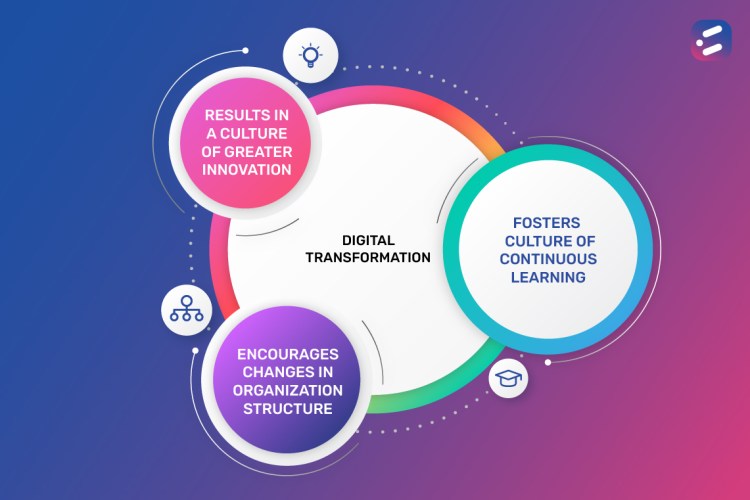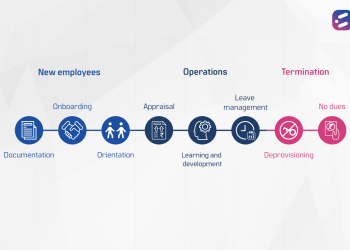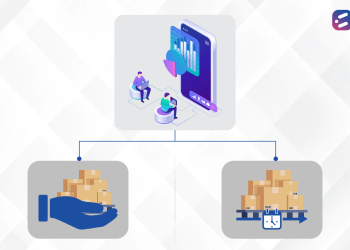The International Data Corporation forecasts that global spending by businesses on digital transformation will reach $2.8 trillion in 2025, more than double the amount allocated in 2020.
But driving and delivering transformative changes requires more than just tech updates or product redesigns. It needs vision and value alignment as well, at all levels of the organization. A BCG study found that 90% of the companies that focused on digital culture achieved breakthrough performance success.
It’s a two-way street – culture has an impact on digital transformation and digital transformation has an impact on culture. Since transformation in the digital world is an ongoing process, culture will also need to evolve continuously.
What culture changes can help drive digital transformation?
Three culture changes that help drive digital transformation: Freedom, flexibility, and democratization.
Empowering employees with the freedom to state their views is important in the digital transformation process. Ask for ideas, opinions, and suggestions. This can lead to new and exciting possibilities and discoveries that may fuel new innovation.
Democratizing and distributing decision-making gives employees a sense of autonomy and ownership as well as creates a culture of openness and trust.
In short:
- Ensure there is flexibility and a willingness to transform at all levels
- Singular focus on one aspect of transformation at a time
- Deprioritize control and work together to succeed
- Take risks – it’s better to fail fast! This way you can move on, learn and grow faster
- Don’t be rigid with the culture – allow it to grow and change as needed
What is the impact of digital transformation on culture?
- Digital transformation results in a culture of greater innovation
When your team is relieved from the pressure of mundane tasks, it gives them more space to innovate. Through transforming digitally, routine tasks get automated and managed through digital tools, and this enables your people to do higher-value work. A successful digital transformation also acts as a showcase for innovation yielding practical results, and in turn, can encourage further innovation.
- Digital transformation fosters a culture of continuous learning
Along with higher productivity, Continuous Learning is also possible only when people are not tied up with low-value tasks. Around 80% of respondents to Dell’s Index 2020 said they were fast-tracking their transformation programs. As things change rapidly, people and organizations are constantly learning to try and stay ahead. This kind of focus on innovation automatically leads to a need for continuous learning.
- Digital transformation encourages changes in organizational structure
When there’s constant upskilling and encouragement to learn and grow, your company begins to develop a learning culture, encouraging continuous learning and believing in the influence that systems have on each other. Learning on the job tends to increase efficiency and also creates a large number of subject matter experts, each an expert in their own domain. This translates into a flatter organizational structure and results in a more mature, knowledge-oriented company.
Take the step towards a “Digital First” culture. It’s possibly the single most important business strategy you can take for your enterprise in today’s technology-driven business environment. CloudNow offers digital transformation solutions and services that help you achieve business growth.













